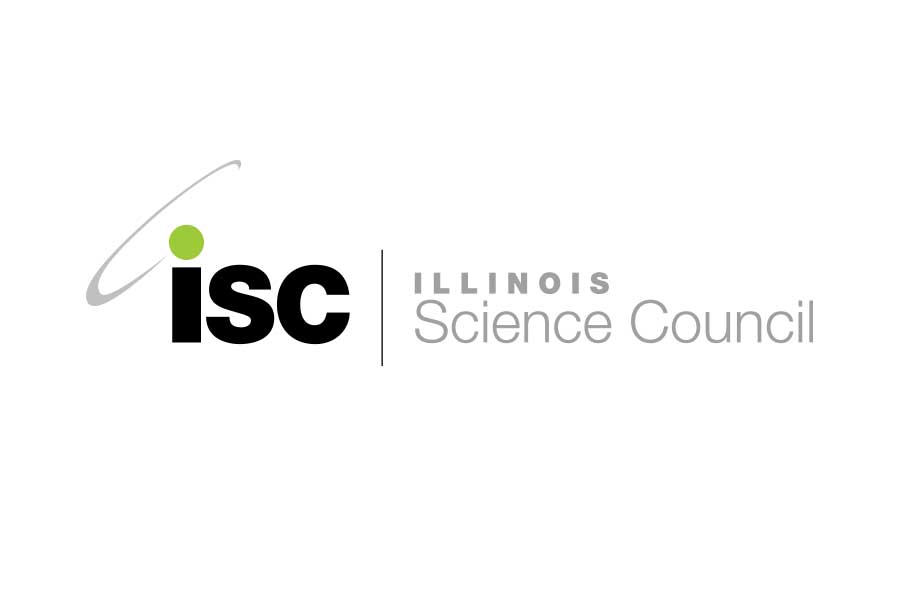Upcoming Events

- This event has passed.
Neil Kelleher
Professor of Molecular Biosciences, Chemistry, and Director of Northwestern Proteomics
Northwestern University
The first whole human genome cost about $2.7 billion to sequence in 2003. Today, anyone with $1,000 can learn about the entirety of their DNA, while $99 can offer clues on a person’s health and ancestry.
While the field of genetics has exploded, early detection of disease using protein markers has remained elusive. Global leaders like Northwestern’s Neil Kelleher are attempting to change that paradigm.
Proteomics is the large-scale study of proteins. Until the 2000’s, proteomics relied on breaking a protein into small pieces, analyzing it using mass spectrometry, and piecing the information back together to learn their look and function. Alternatively to that traditional, or ‘bottom-up’ approach, Kelleher and Fred McLafferty at Cornell established the feasibility of the ‘top-down’ strategy. Since then, Kelleher has been demonstrating the main advantage of top-down proteomics by providing complete information about the sequence and composition of human proteins in health and disease.
“Imagine trying to do a puzzle where you don’t have the picture on the box of what it’s supposed to be, and you’re missing over half the pieces, and there are pieces of other puzzles in the box too,” says Kelleher. “That’s bottom-up proteomics, currently the dominant approach.” By looking at whole proteins differently, Kelleher and his team understand “the picture on the box” and then make sure they have all the pieces.

